The World of Idioms
Imagine that you are preparing to go to an important meeting but you discover that your best shirt has some very obvious wrinkles. No problem. You reach for the iron and “get the wrinkles out.” You not only have solved a small problem but you also now understand a common American expression that means to “eliminate minor problems.”
“Get the wrinkles out” was one of dozens of everyday American phrases that were featured during a word matching game at the June 18 meeting of the library’s English Talk Lab session. Other idioms included
--- “Sit tight,” which means “wait.”
--- “Sharp as a tack,” which means “smart.”
--- “Head over heels,” which means “in love.”
Talk Lab members also reviewed the significance of the “summer solstice,” which is the official start of the summer season in the United States and is the longest day of the year.
In the Earth’s Northern Hemisphere, the summer solstice occurs between June 20th and June 23rd each year. At the same time, the Southern Hemisphere experiences the “winter solstice,” or the shortest day of the year. The situations are reversed in the December 20th-December 23rd time frame.
The word “solstice” derives from a combination of Latin terms – “sol” and “sistere” – which mean “sun” and “to stand still,” because the sun appears to be standing still in its journey across the sky for several long days.
For Kherson, this year’s summer solstice is on June 21, with sunrise at 4:55 a.m. and sunset at 20:46, making for 15 hours and 51 minutes of sunlight. Places even farther north will have more daylight, such as in Moscow which will see the sun from 4:44 a.m. until 22:18, and Reykjavik, Iceland, with sun from 2:58 a.m. until midnight.
As an astronomical event, the summer solstice has fascinated people around the world for thousands of years and has resulted in a variety of cultural celebrations. For example, long-ago Celtic and Slavic cultures celebrated with huge bonfires lit upon hilltops to help the sun gather more energy. In our time, there are celebrations at ancient sites, such as Stonehenge in Great Britain.
The June 18 Talk Lab also concerned Father’s Day, which is celebrated in the United States on the third Sunday of every June – this year being June 19. Talk Lab participants discussed favorite memories of their fathers, how they honor their fathers, their fathers’ hobbies and adjectives they would describe their fathers.Photos.
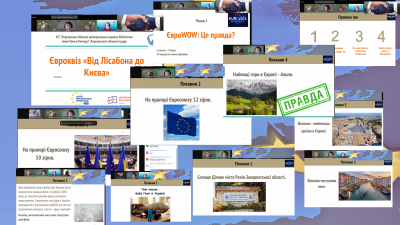

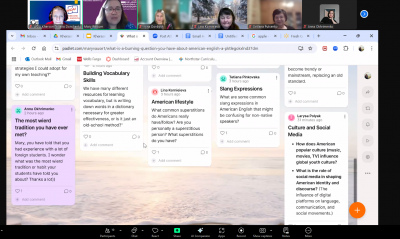


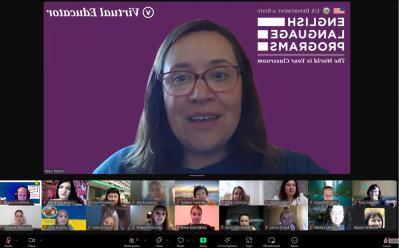
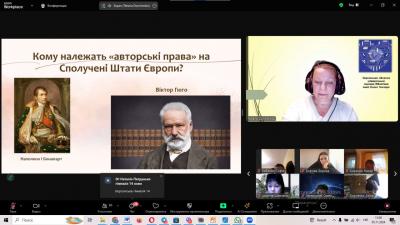


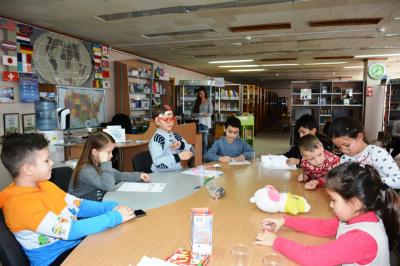

Comments